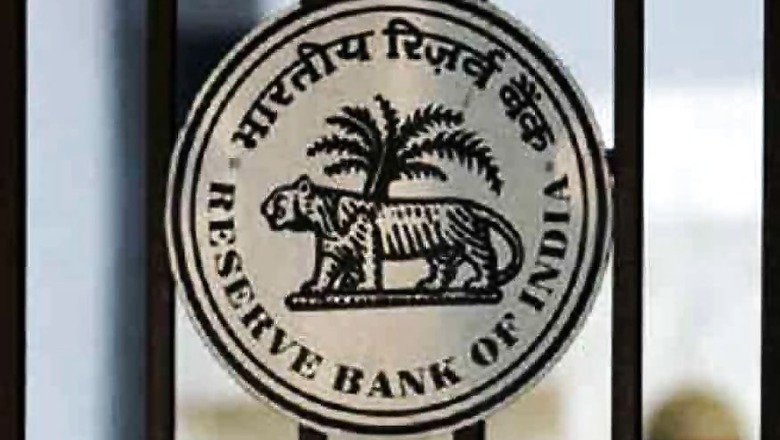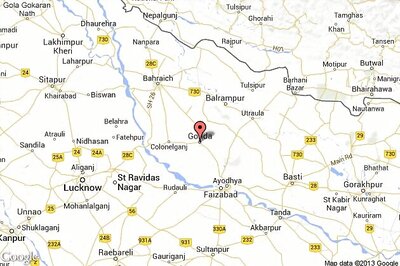
views
In an interview with CNN-News18, a former Reserve Bank of India Governor, who declined to be identified by name, shared his thoughts on the effects of the government’s demonetisation move on the economy and banking system. Prime Minister Narendra Modi, in a surprise announcement on Tuesday night, announced that bank notes of 500 and 1,000 rupee denomination would cease to be legal tender. This was to rein in black money. The Reserve Bank will issue new 500 and 2,000 rupee notes soon.
Question: Your first reactions on the demonetisation move?
Answer: This is certainly a major move, let’s hope it works.
Q: What are the sectors likely to be affected by this move?
A: Real estate for example, the unaccounted component is very high, would be affected. The other part would be legal transactions, say imports.
Q: What are the effects on inflation and liquidity?
A: Since demand will be affected, it will have a slowing impact on inflation. The RBI’s main priority should be for us to have enough 100 rupee notes.
Q: What does the government’s move mean for the economy?
A: This is a move to try and control black money, they are trying to reduce the scope of black money. Earlier, they had this declaration about undeclared money; Now, this is the next step. The general public can go to the bank and deposit money. The main issue is that the banking system in the entire country is not huge, and there are many areas which are not covered by the banks. They may have to get another system like the DBT and make it available to those who have no access to the banking system, that is some something the government will have to consider in the days to come.
Q: What are the pros and cons of the Demonetisation scheme?
A: If we can reduce the access to black money that’s a pro. The other part is that for the next few days there will be no access to bank accounts for people, the government will have to think about that. The second part the government will have to think about is that whatever is done, in terms of encashment through the banking system, there is enough cash available in 100 rupee denominations, because for a few days 500 rupee notes cannot be cashed. People who need money for household expenses should get money, so enough supply should be there, but the government seems to have already done so. Hopefully that won’t be a problem.
Q: India is largely a cash based economy. How do you see this step playing out in such a scenario?
A: So far as urban areas are concerned mobiles are all over the place, the banking system is also there and direct bank transfers through the banking system work, we just need to wait and see how this unfolds.
Q: Do you have an estimate of the size of the parallel economy in India? And how does this scheme affect black money stashed abroad?
A: I don’t have an estimate of the onshore component for black money. But if you have a bank account you can transfer money abroad, so supposing you put in your Rs 500 currency note in the bank and transfer your money abroad there is some negotiation with Mauritius. That [round tripping of money through Mauritius] may need to be tackled.
Black money stashed abroad is a completely different issue. That is a matter of mutual agreement between sovereign nations. There are already movements in bringing accountability in transactions with Mauritius and Singapore.

















Comments
0 comment